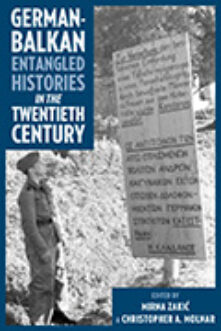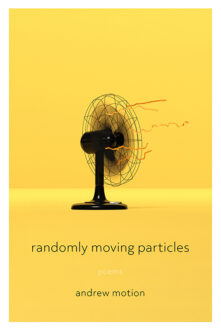Books
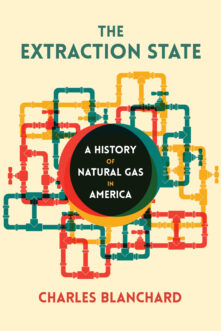
The Extraction State
A History of Natural Gas in America
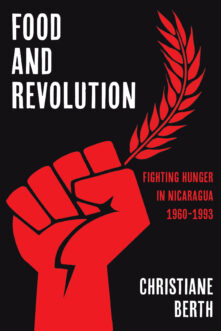
Food and Revolution
Fighting Hunger in Nicaragua, 1960-1993
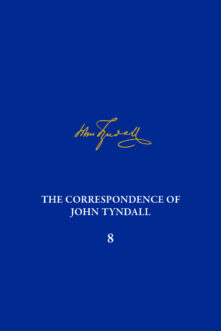
The Correspondence of John Tyndall, Volume 8
The Correspondence, June 1862-January 1865
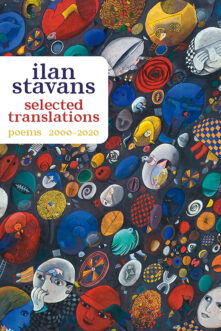
Selected Translations
2000-2020
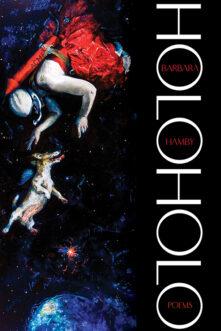
Holoholo
Poems
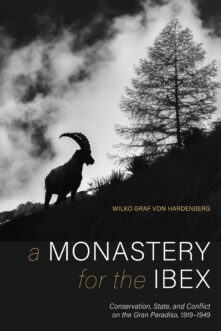
Monastery for the Ibex, A
Conservation, State, and Conflict on the Gran Paradiso, 1919-1949
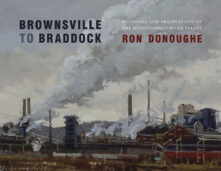
Brownsville to Braddock
Paintings and Observations of the Monongahela Valley
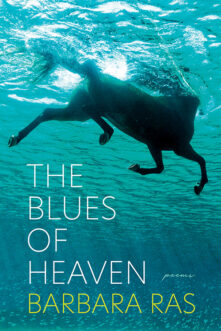
The Blues of Heaven
Poems
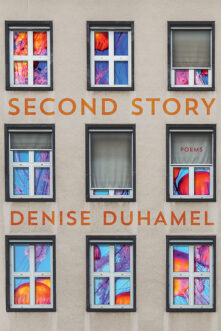
Second Story
Poems
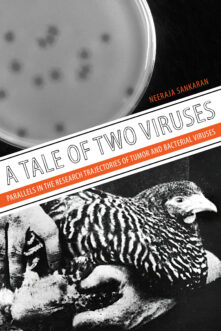
A Tale of Two Viruses
Parallels in the Research Trajectories of Tumor and Bacterial Viruses
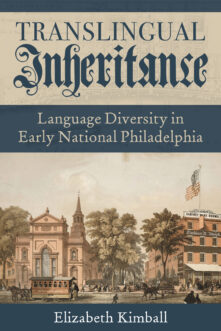
Translingual Inheritance
Language Diversity in Early National Philadelphia
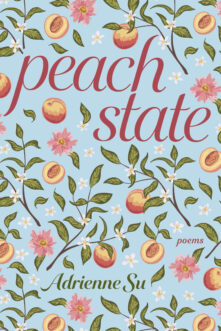
Peach State
Poems
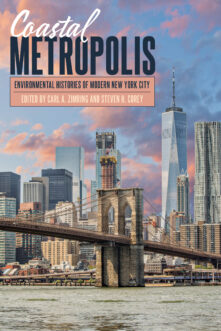
Coastal Metropolis
Environmental Histories of Modern New York City
Total 1559 results found.


